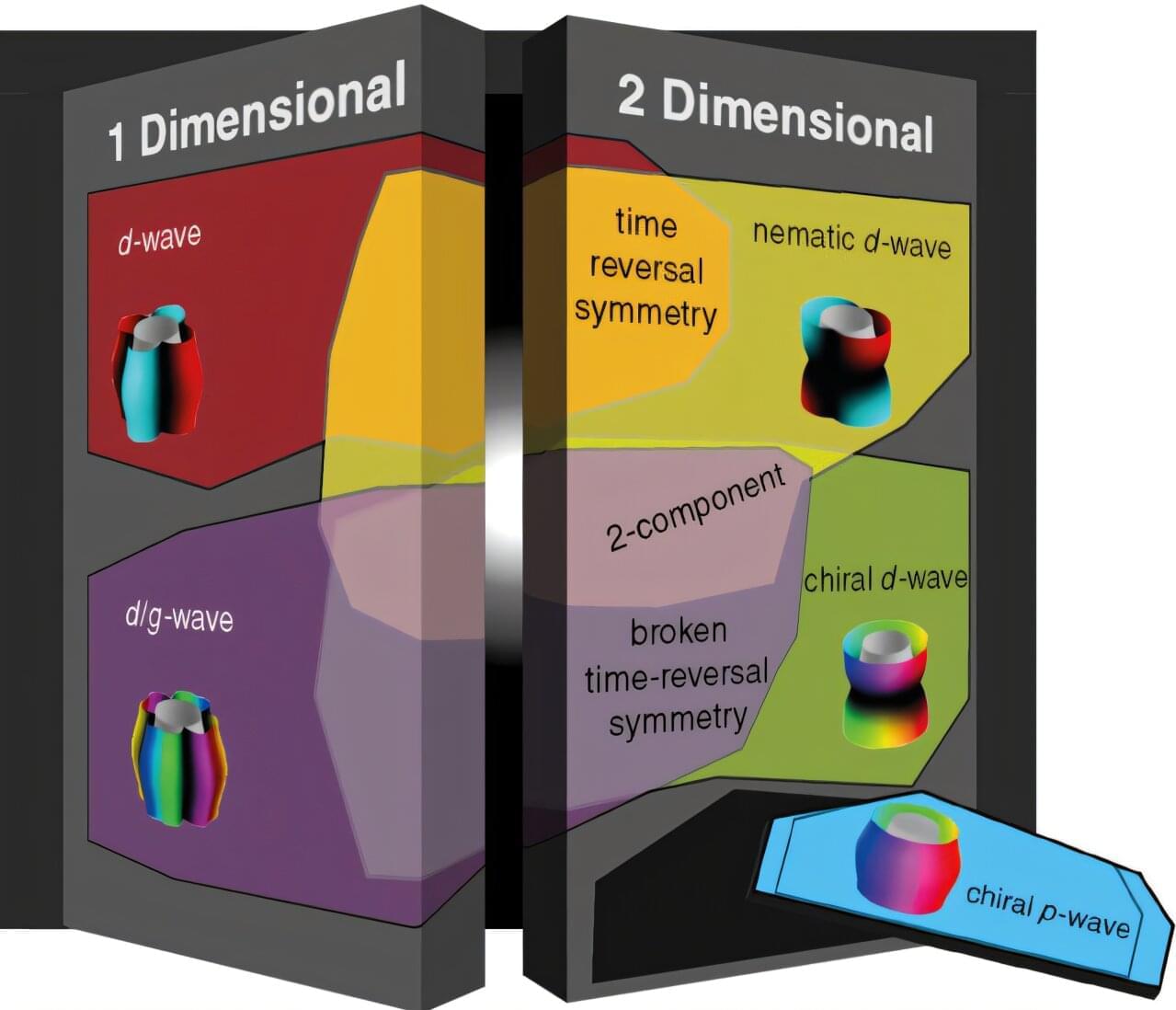Superconductors can carry electricity without losing energy, a superpower that makes them invaluable for a range of sought-after applications, from maglev trains to quantum computers. Generally, this comes at the price of having to keep them extremely cold, an opportunity cost that has frequently hindered widespread use.
Understanding of how superconductors work has also progressed, but there still remains a great deal about them that is unknown. For example, among many materials known to have superconducting properties, some do not behave according to conventional theory.
One such puzzling material is strontium ruthenate or Sr2RuO4, which has challenged scientists since it was discovered to be a superconductor in 1994. Initially, researchers thought this material had a special type of superconductivity called a “spin-triplet” state, which is notable for its spin supercurrent. But even after considerable investigation, a full understanding of its behavior has remained a mystery.
